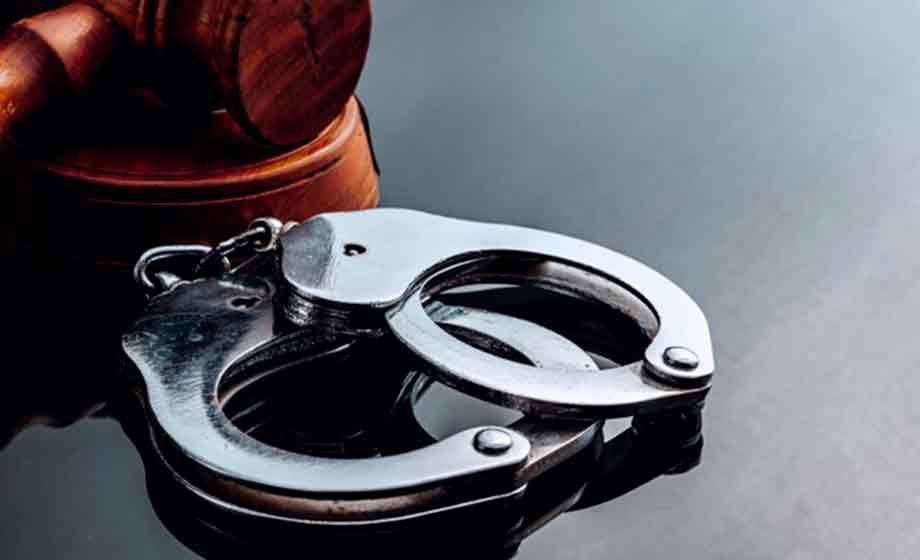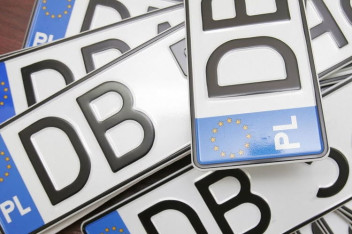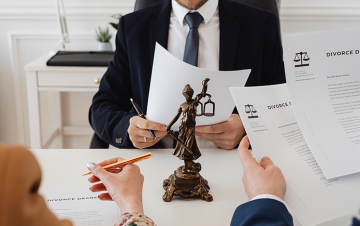I am studying in the third year of the State University of Economics and Technology.I specialize in contractual, economic and corporate law, in particular, I provide consultations and write articles.
Suspicion is a procedural decision in a criminal trial, which is taken by a prosecutor or an investigator in accordance with the prosecutor's permission at the stage of pre-trial proceedings. It is based on the evidence collected during the pre-trial investigation and is the result of the assumption of the involvement of a specific person in the commission of a criminal offense. It is important to note that the suspicion is formed on the basis of the preliminary results of the investigation and is not a verdict or a final determination of guilt. After suspicion arises, a person may become a suspect in criminal proceedings, but this does not mean that he is found guilty of committing a crime.
Emergence of suspect status:
- Notified of suspicion: This item means that the person has received an official notification from the pretrial investigation authorities about the suspicion of committing a criminal offense.
- Arrested on suspicion: If a person is detained under the law on suspicion of committing a crime, he or she automatically becomes a suspect.
- Suspicion Notice Not Served Due to Unlocated: This case refers to a situation where a Suspicion Notice exists, but because the person has not been located, the notice itself cannot be served. However, the proceedings authorities take all necessary measures to deliver the notice in the manner provided by law.
All these cases imply that a person becomes the object of interest in criminal proceedings as a suspect, but this does not mean that he is found guilty of committing a crime.
Signs of reasonableness of suspicion:
- Notification of suspicion: The notification must be made in writing and delivered to the person, after which he acquires the status of a suspect. The notification must contain a reference to the evidence that indicates the commission of a criminal offense by the specified person.
- Availability of evidence in the materials of the criminal proceedings: The materials of the proceedings must contain evidence that confirms the commission of a criminal offense by a person. These can be testimonies, expert opinions, physical evidence, etc.
- Proving before the court the weight and sufficiency of the available evidence: The weight and sufficiency of the available evidence about the person's commission of a criminal offense must be proven before the court. The court analyzes this evidence as part of the criminal process.
- Evaluation of the evidence by the court: The court evaluates all the evidence presented regarding the commission of a criminal offense by a person and makes an appropriate decision based on this evaluation.
These four grounds determine the procedure and requirements for the reasonableness of suspicion in criminal proceedings in Ukraine.
Appealing the notice of suspicion:
A person who has been notified of a suspicion of committing a criminal offense has the right to appeal the decision, actions or inaction of the investigator or prosecutor. The appeal procedure involves submitting a complaint to the investigating judge.
Question
What are the time limits for filing a complaint?
Answer
After the expiration of one month from the moment of notification of the suspicion of committing a misdemeanor; or two months after the service of suspicion of committing a crime. However, the appeal must be made no later than the closing of the criminal proceedings. Because the time limits for appeals are limited, it is important for those who have been notified of the suspicion to appeal any unsatisfactory decisions or actions of the investigator or prosecutor before the criminal proceedings are closed or an indictment is filed.
Grounds for appeal:
- If a person believes that a notice of suspicion was made or served by an improper entity (for example, a person who does not have the right to do so or did not act according to procedural requirements), this may be grounds for appeal.
- If the procedure for serving the notice of suspicion was violated (for example, service did not take place in accordance with the established requirements of procedural legislation), this may also be grounds for appeal.
- A person can contest a notification of suspicion if he believes that it is unfounded. This means that it does not sufficiently clearly state the factual data or circumstances that justify the suspicion of committing a criminal offense.
These grounds provide individuals with the opportunity to defend their rights in the course of criminal proceedings, contesting deficiencies in the drafting, delivery or substantiation of a notice of suspicion.
Question
In what cases can a complaint be returned?
Answer
If the person who filed the complaint does not have the appropriate right or status to file such a complaint, the court may return it due to lack of procedural status. If the complaint does not fall under the jurisdiction or competence of this court. If the complaint was filed after the expiration of the established period determined by the relevant norms or procedural rules, and the person who filed it did not request the renewal of this period, or the court did not find grounds for its renewal at the request of the person.
Services of a lawyer in criminal proceedings:
Lawyer consultation and legal analysis of the situation: Lawyers online will conduct an analysis of the circumstances of the case and legal aspects and provide an assessment of the validity of the suspicion and opportunities for appeal. The lawyer ensures that all actions of law enforcement agencies meet the requirements of the law, protects the rights and interests of the accused or suspect. Includes preparation of defense, analysis of evidence, development of defense strategy, preparation of testimony and other evidence in favor of the client.
Legal services for defense in court: The lawyer represents the interests of the client at court hearings, argues his protected position before the court proceedings and helps in formulating questions to witnesses. Includes cooperation with the prosecutor, judge, investigator to ensure a fair and just trial.
Lawyer services during the appeal of decisions: A lawyer can provide support during the appeal of court decisions at the appellate level, protecting the client's interests in higher instances. Includes providing advice on legal strategy, conducting negotiations with the parties, etc. Consultations on interaction with investigative bodies and compliance with procedural rights.
Conclusion:Challenging a report of suspicion in Ukraine is an important stage in the criminal process. Lawyer advice in criminal proceedings is intended to ensure a fair trial and maximum protection of the rights of the accused or suspect under the law. Quality lawyer help can significantly affect the outcome of the case, so it is important to find an experienced specialist in this field.
































